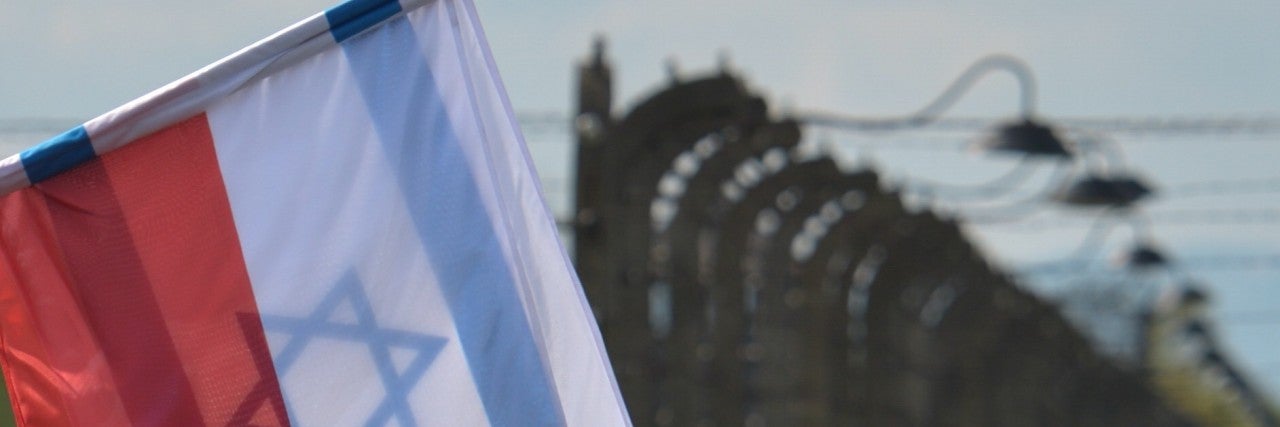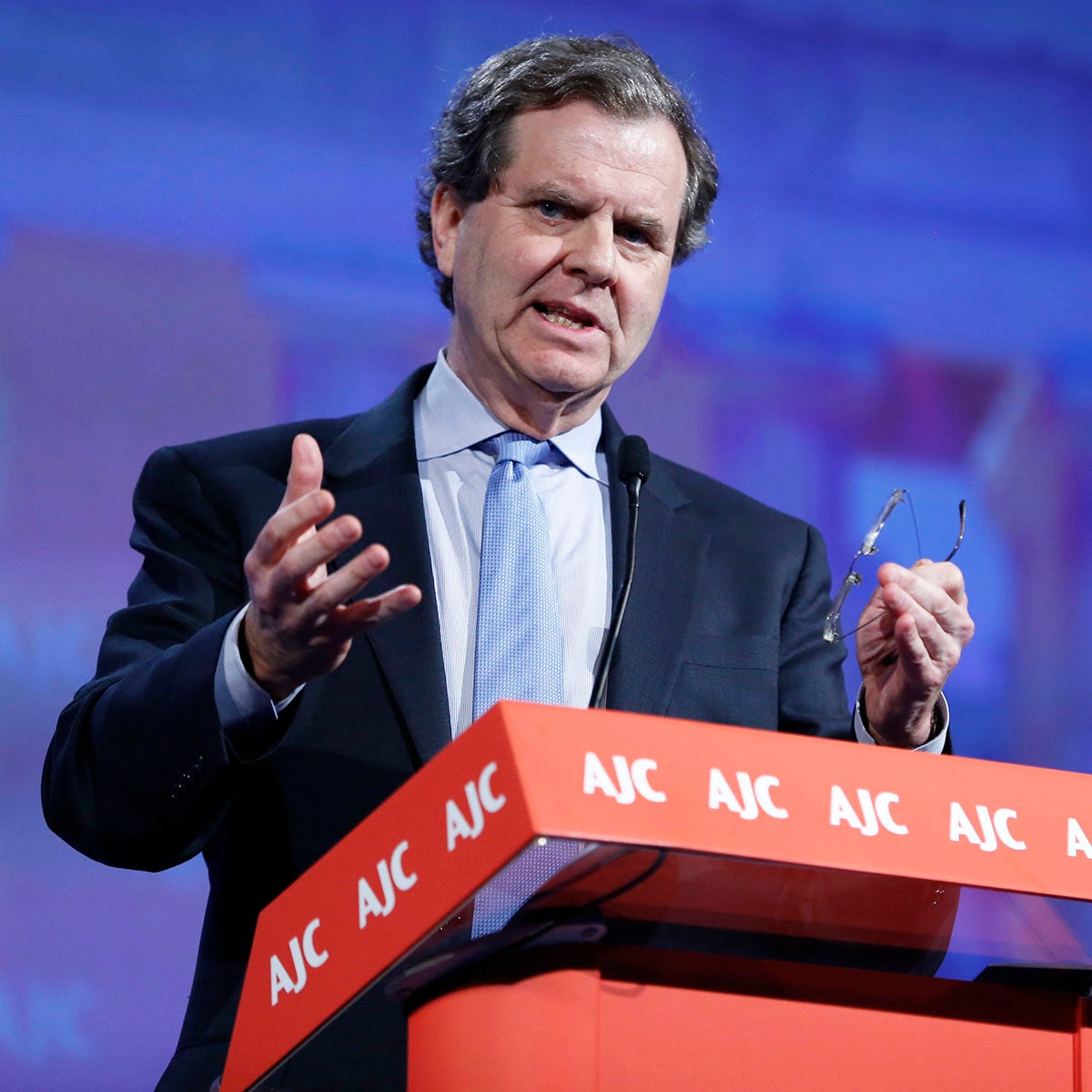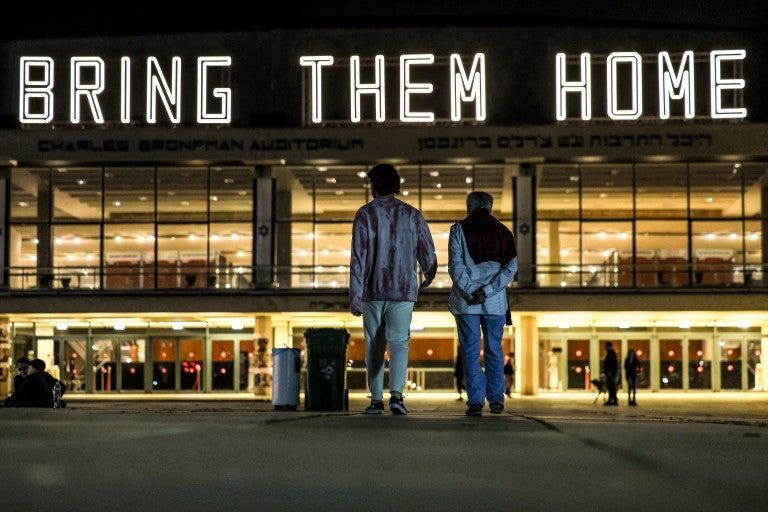January 28, 2018 — New York
This piece first appeared in Times of Israel.
When I went to my first Polish-Jewish encounter, in Chicago, in the early 1980s, I was struck by how thin was the veneer of relationships.
While everyone at the table professed a desire to be there and contribute to forging friendly and cooperative ties, as soon as any historical question arose, the conversation quickly descended into arguments and accusations on both sides.
But for a few admired voices — on the Polish side, most notably the legendary wartime figures Jan Karski and Jan Nowak — it’s likely that the entire initiative would have collapsed from mutual recriminations.
The essence of the dispute revolved around core narratives.
For the Jewish participants, essentially, Poland was a nation that was steeped in antisemitism — before, during, and after the war. Everyone had a story to tell of family members who were persecuted, killed, or exiled for no reason other than their Jewish identity. Unless the Polish side unflinchingly acknowledged this, no new chapter in the relationship could be written.
For the Polish participants, antisemitism may have existed here and there, but it wasn’t endemic, and, in any case, what about anti-Polish demonization among Jews? And why didn’t Jews ever acknowledge Poland’s repeated suffering as a nation? Was World War II only about Jewish tragedy? And what role did Jews play in the subsequent communist repression of Poland?
As time passed, including the participation of a new generation of Poles who came to the U.S. for political reasons, and of Jews who were more removed from Poland’s immediate history, hope emerged that the past could be viewed more dispassionately, while building a common agenda around a Polish pope who reached out to the Jews, an anti-communist front supporting Polish dissidents, and maybe even a greater willingness to listen to one another rather than block out contrasting viewpoints.
Indeed, noteworthy progress was achieved by the late 1980s and through the next couple of decades.
Poland re-emerged as a democratic nation, established strong ties with Israel, witnessed the rebirth of a small but vibrant Jewish community, and invited Jews worldwide to witness the “new” country.
Many were impressed by what they saw, including in recent years the remarkable Warsaw-based Polin Museum, which recounts a 1000-year history of Jews in Poland, highlighting both peaks and valleys, of which there were many, in the complex encounter.
But now all this progress is at risk, triggered, above all, by a new Polish bill adopted by one house of Parliament. It has unleashed an avalanche of arguments and accusations from both sides, threatening to bring us back to the charged atmosphere of three and four decades ago.
For the bill’s sponsors, it is simply an effort, at its heart, to criminalize attempts to describe Poland as complicit in the Holocaust, especially those who speak of “Polish death or concentration camps.”
They assert that those camps were conceived, built, and operated by Germans; that the infamous three words at the entrance to Auschwitz were in German, not Polish; that many non-Jewish Poles were also arrested, imprisoned, tortured, and killed by the Third Reich; and, moreover, that Poland, unlike France, Norway, or Hungary, didn’t have a collaborationist regime working for the Nazis.
But for many Jews, including such Israeli leaders as Benjamin Netanyahu and Yair Lapid, this entire initiative is nothing more than a naked attempt to shield Poland from an honest examination of its wartime attitude toward Jews.
In Lapid’s case, he went so far as to accuse Poland of running “death camps.” One American Jewish leader rushed to Lapid’s defense, asserting that Poland should “apologize” to Lapid for challenging this assertion and “move on.”
There’s too much at stake to allow this shouting match to continue unchecked. Poland, Israel, and the Jewish world are all, in a deeply meaningful way, umbilically linked. There is no Polish history without Jews, and no Jewish history without Poland. Israel has few better friends in Europe today than Poland. So too, by the way, the United States. And does Poland really want to reopen conversations about the Jewish blood spilled in Jedwabne, Kielce, etc.?
To get things back on track, here’s what could be done:
Polish leaders ought to withdraw the legislation and focus on education, not criminalization, about inaccurate and harmful speech.
The bill’s sponsors might also wish to express regret about the timing, as this became a topic of discussion precisely as the world was marking International Holocaust Remembrance Day.
And, finally, Poland, like every nation, has an imperfect history. That calls for an open-mindedness and courage to examine, and admit, shortcomings, which should be a hallmark, not a blind spot, of any democratic society.
For its part, the Jewish world must stop claiming that there were wartime “Polish camps.” There were Nazi German camps in Poland.
In addition, Jews should acknowledge the extent of Polish losses during the war, as well as the valor of the resistance movement and the contribution to the Allied war effort of Polish pilots, soldiers, cryptographers, and partisans, not to mention the thousands of “Righteous Among the Nations” honored by Yad Vashem.
And finally, there should be more visits to Poland to see the country for itself rather than through the prism of others’ accounts.
For those of us, and I include the American Jewish Committee (AJC) centrally here, who have struggled to write a bright new chapter in Polish-Jewish relations, this is a key moment. We dare not lose the momentum gained in recent years.



